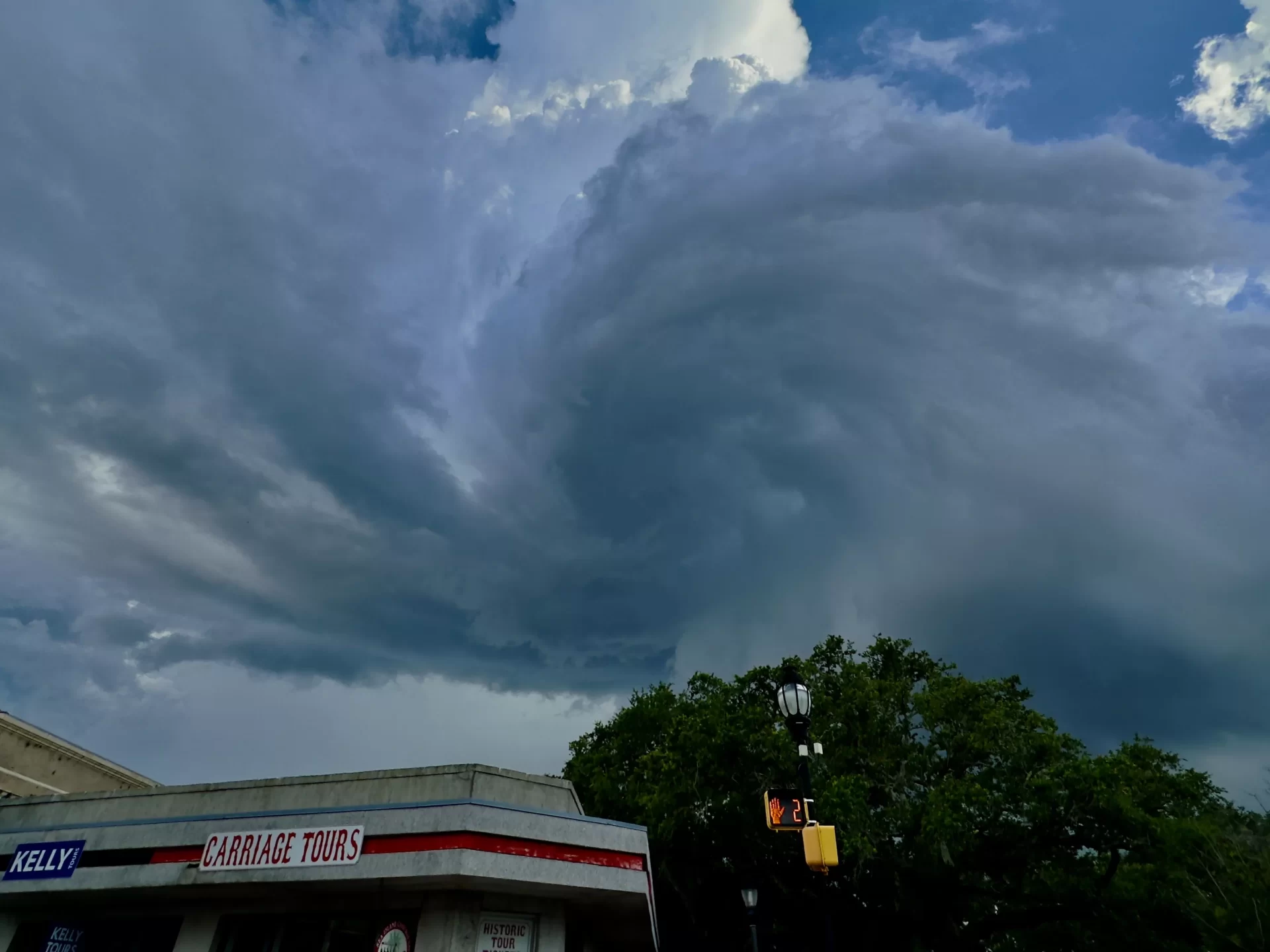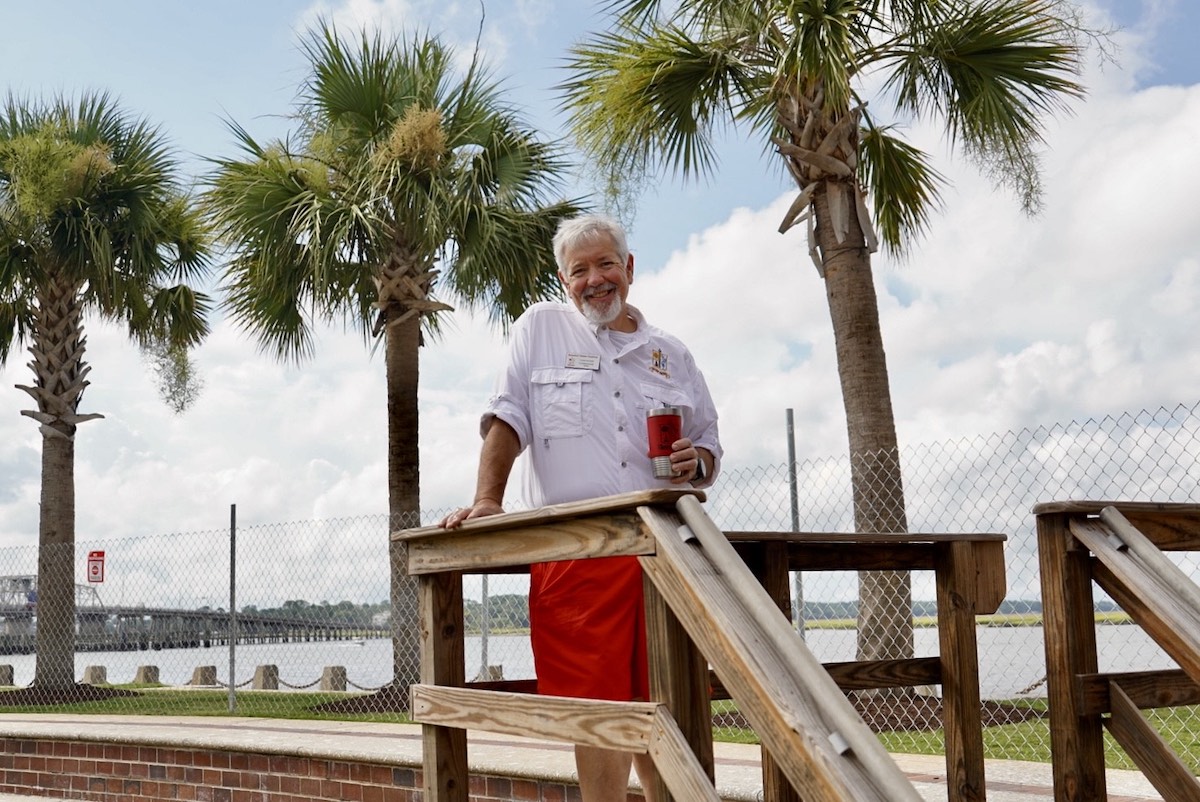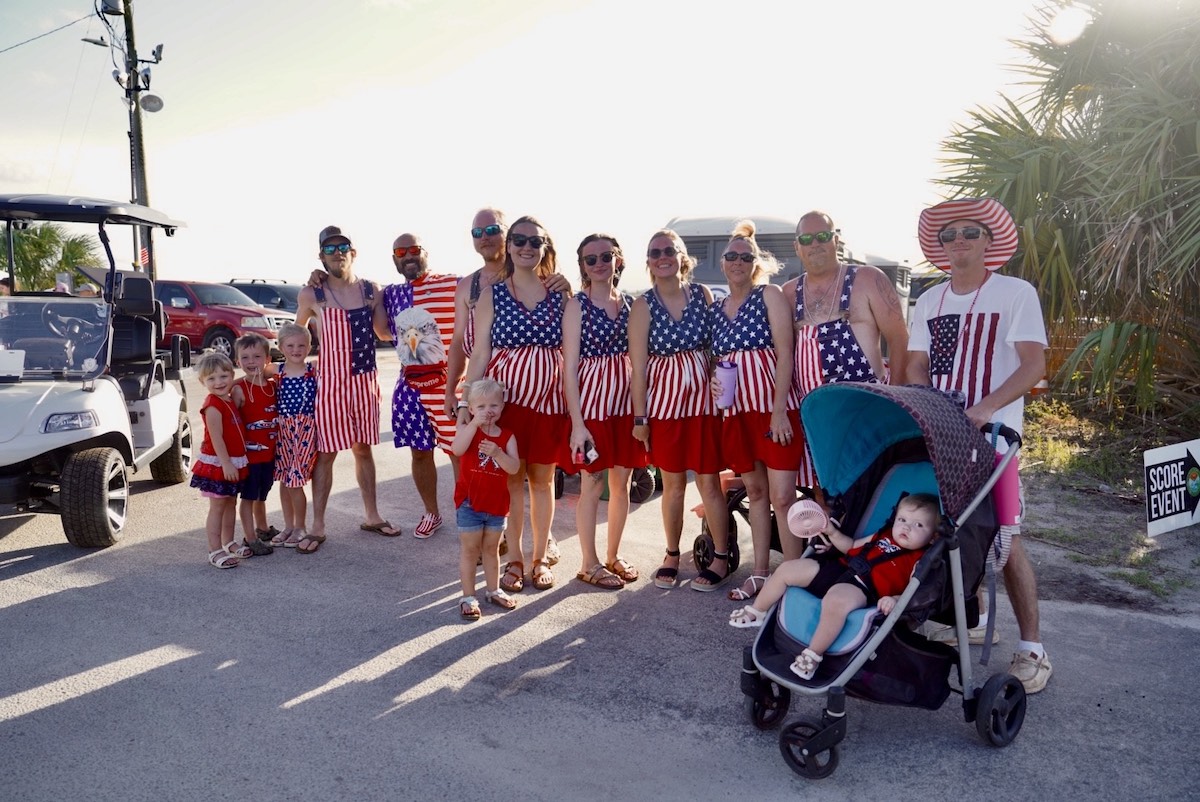By Amy Rigard
The number of opioid-involved overdoses and deaths continues to increase throughout much of the country, and Beaufort County is no exception.
According to the Centers for Disease Control and Prevention (CDC), the number of overdose deaths involving opioids – including prescription opioids and heroin – has quadrupled since 1999.
Ninety-one Americans die every day from an opioid overdose, according to the CDC.
According to Capt. Bob Bromage, the Beaufort County Sheriff’s Office has seen a surge in opioid-related overdoses in the community since the fall of 2016.
Bromage noted that of the 85 known overdose cases since December 2016, more than 90 percent of the cases where the substance was identified were caused by opioids.
While the number of reported overdoses continues to increase, Bromage said it’s important to understand that these are only the reported cases, and there are many more that go unreported.
Hilton Head Island reported the most opioid-related overdoses, with 42 overdoses and 11 deaths, followed by Bluffton with 28 overdoses and seven deaths, and lastly Northern Beaufort County with 15 overdoses and three deaths.
There are many misconceptions about who is affected by drug addiction and overdoses. According to the Centers for Disease Control, as many as one in four people who are prescribed opioids long-term (for non-cancer-related pain) in primary care settings, are now struggling with addiction.
Fentanyl, a synthetic opiate painkiller that is 50 to 100 times more powerful than morphine and much stronger than heroin, is a drug commonly found in fatal overdoses.
A growing number of individuals unknowingly receive heroin, OxyContin or other opioids with Fentanyl mixed in because it’s cheaper and stronger – and that can have devastating effects.
“We’re taking a very proactive approach to addressing this issue, and our efforts span several months,” said Bromage. As part of that proactive approach, The Beaufort County Sheriff’s Office, Coastal Empire Community Mental Health Center, Beaufort County Alcohol and Drug Abuse Department, and the Jasper County Coroner Office formed an action committee in March to address the area’s growing opioid crisis.
Earlier this year, law enforcement officers received training on how to use Naloxone (often referred to by one of its brand names, Narcan), which has proven effective in reversing the effects of opioids and reviving unconscious patients when administered.
Over the course of the two-day training provided by Law Enforcement Officers Naloxone Training Program (Project LEON), more than 230 officers representing 11 area law enforcement agencies learned how to use Naloxone.
Beaufort County Sheriff’s Office deputies have used Narcan twice since the training, according to Bromage.
Naloxone can also be used to treat law enforcement officers and other first responders who may experience accidental exposure to opioids.
The Burton Fire District’s paramedics have always been equipped with Narcan, and recently, emergency medical technicians (EMTs) in the state were also cleared to use the emergency medication.
While the Burton Fire District has administered Narcan since a training program was completed in March, Burton firefighter Dan Byrne noted that Burton hasn’t seen an uptick in opioid-related overdoses the way other parts of the county has.
But the state as whole has seen a big uptick:
• In 2016, South Carolina was ninth in the nation in opioid prescribing rates.
• Since 2011, more than 3,000 South Carolinians have died from prescription opioid overdoses.
• Combined heroin and prescription opioid deaths in South Carolina exceeded the number of homicides in the state in 2015.
• The number of infants born in South Carolina hospitals addicted to opioids has quadrupled between 2000 and 2013.
“Opioid addiction is a public health menace to South Carolina. We cannot let history record that we stood by while this epidemic rages,” said SC Attorney General Alan Wilson said.
Opioid Awareness Day
Drug overdoses are now killing Americans at a faster rate than car crashes, making this year’s International Overdose Awareness Day a particularly relevant and important event for Beaufort County, which is among the communities across the country that have seen a marked increase in opioid overdoses and deaths in 2017.
Through coast-to-coast rallies on Thursday, Aug. 31, International Overdose Awareness Day hopes to reduce the number of opioid-related overdoses and end the stigma associated with drug-related deaths.
The Beaufort County Sheriff’s Office and the Beaufort County Alcohol & Drug Abuse Department will hold an awareness event from 6:30-8 p.m. Aug. 31 at the Buckwalter Recreation Center (PALS), 905 Buckwalter Parkway in Bluffton.
The event will close with a candlelight vigil to remember “the everyday people we’ve lost everywhere.”
There will also be a Take Back the Meds drop-off site at this event where you can safely discard any unused and/or expired medications.






